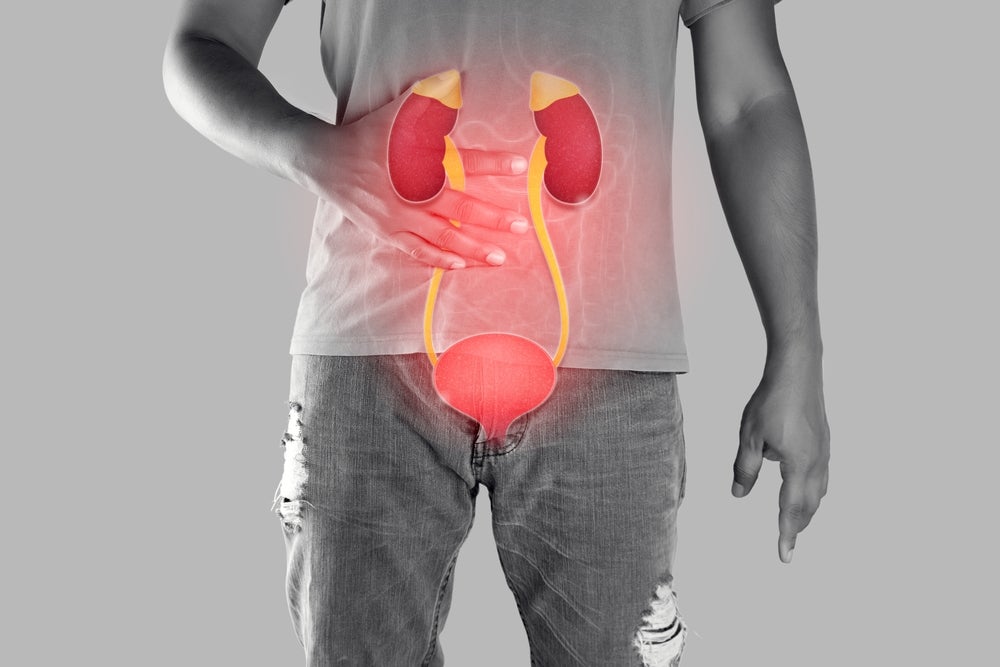Muscle-invasive urothelial carcinoma (MIUC) is an aggressive form of bladder cancer. Out of all bladder cancer patients, 15% will present with MIUC at diagnosis. MIUC is associated with a poor prognosis and represents a difficult-to-treat subgroup of bladder cancer patients, as most patients (approximately 70%) will also develop metastatic disease, which is a fatal malignancy.
Cisplatin is the most widely adopted treatment in the neoadjuvant and adjuvant setting. Still, the disease has a high rate of recurrence, making further treatment difficult. Current therapeutic options that can maintain quality of life and extend survival remain limited, as there is no standard of care. The most common type of therapy used in combatting the disease is radical resection with neoadjuvant cisplatin-based therapy.
Having already been established as a prominent immunotherapy in treating urothelial carcinoma, Bristol Myers Squibb is looking to expand its label for Opdivo (nivolumab) to encompass MIUC. Opdivo is a programmed cell death ligand 1 (PD-L1) inhibitor, and has proven successful in treating a plethora of cancers. Opdivo has recently had its disease-free survival (DFS) assessed in MIUC following the CheckMate-274 trial. The trial assessed 353 patients with MIUC receiving Opdivo and 356 patients receiving placebo following surgery (with or without neoadjuvant cisplatin chemotherapy). The results were positive, with the median disease-free survival (mDFS) nearly doubling from 10.8 months in the placebo group to 20.8 months in the Opdivo group. After a six-month follow-up, 74.9% of patients receiving Opdivo were still alive compared to the 60.3% receiving placebo, a significant difference of 14.6% between the two groups (hazard ratio [HR] 0.55; P <0.001).
Significant clinical data supports Opdivo’s implementation
The results of the three-year follow-up were presented at the European Society for Medical Oncology’s Immuno-Oncology Congress in December 2023. The follow-up explored the DFS of patients with MIUC who had quantifiable levels of PD-L1. The efficacy of Opdivo was compared to placebo in a subset of patients (n=250) with a PD-L1 expression of ≥1%, as determined through a tumour cell score. The mDFS was 52.6 months and 8.4 months for the Opdivo and placebo groups, respectively.
The follow-up also assessed mDFS relating to the combined positive scoring (CPS), which measures PD-L1 expression on tumour and immune cells, in 558 patients. Patients with CPS≥1 showed a significantly higher mDFS in the Opdivo-treated group when compared to the placebo group (25.6 versus 8.5 months, HR 0.64, 95% confidence interval [0.51–0.80]). The follow-up suggests that a wider range of patients will benefit from adjuvant Opdivo therapy, and the CPS metric could help identify more eligible patients for treatment. There is evidence to support the combination of Opdivo and Bristol Myers Squibb’s Yervoy (ipilimumab) for this indication, as the TITAN-TCC Phase II trial showed that the therapies further improved objective response rates.
An edge in bladder cancer sales
While the clinical data from CheckMate-274 is significant and supports Opdivo’s implementation as an adjuvant therapy, Merck’s Keytruda (pembrolizumab) is also making advancements in this therapy area. A press release by Merck in October 2023 stated that Keytruda had a significant impact on DFS as an adjuvant therapy for patients with localized MIUC, although the clinical data has not yet been published. Genentech’s Tecentriq (atezolizumab) has also been investigated in MIUC, but specifically in the neoadjuvant setting. The single-arm ABACUS trial assessed 95 MIUC patients with Tecentriq as a neoadjuvant treatment and demonstrated a two-year DFS of 68%. Keytruda had total global sales of $21.3 billion in 2022, followed by $10.2 billion for Opdivo and $3.9 billion for Tecentriq. GlobalData’s analyst consensus forecast predicts Keytruda’s sales to reach $27.4 billion by 2029, followed by $14.9 billion for Opdivo and $7.1 billion for Tecentriq.

US Tariffs are shifting - will you react or anticipate?
Don’t let policy changes catch you off guard. Stay proactive with real-time data and expert analysis.
By GlobalDataWhile Opdivo will likely experience fierce competition from Keytruda, it is the first treatment to demonstrate clinically relevant data with a control arm for this indication. As MIUC is an area of high unmet need with no established standard of care, Opdivo will likely receive further recommendations for this specific indication as it is highly efficacious and has a well-understood safety profile that is comparable to that of Keytruda in other indications. The high rate of bladder cancer patients who present with MIUC would represent a significant share of the market, which could give Opdivo an edge over its competitors in bladder cancer sales.






